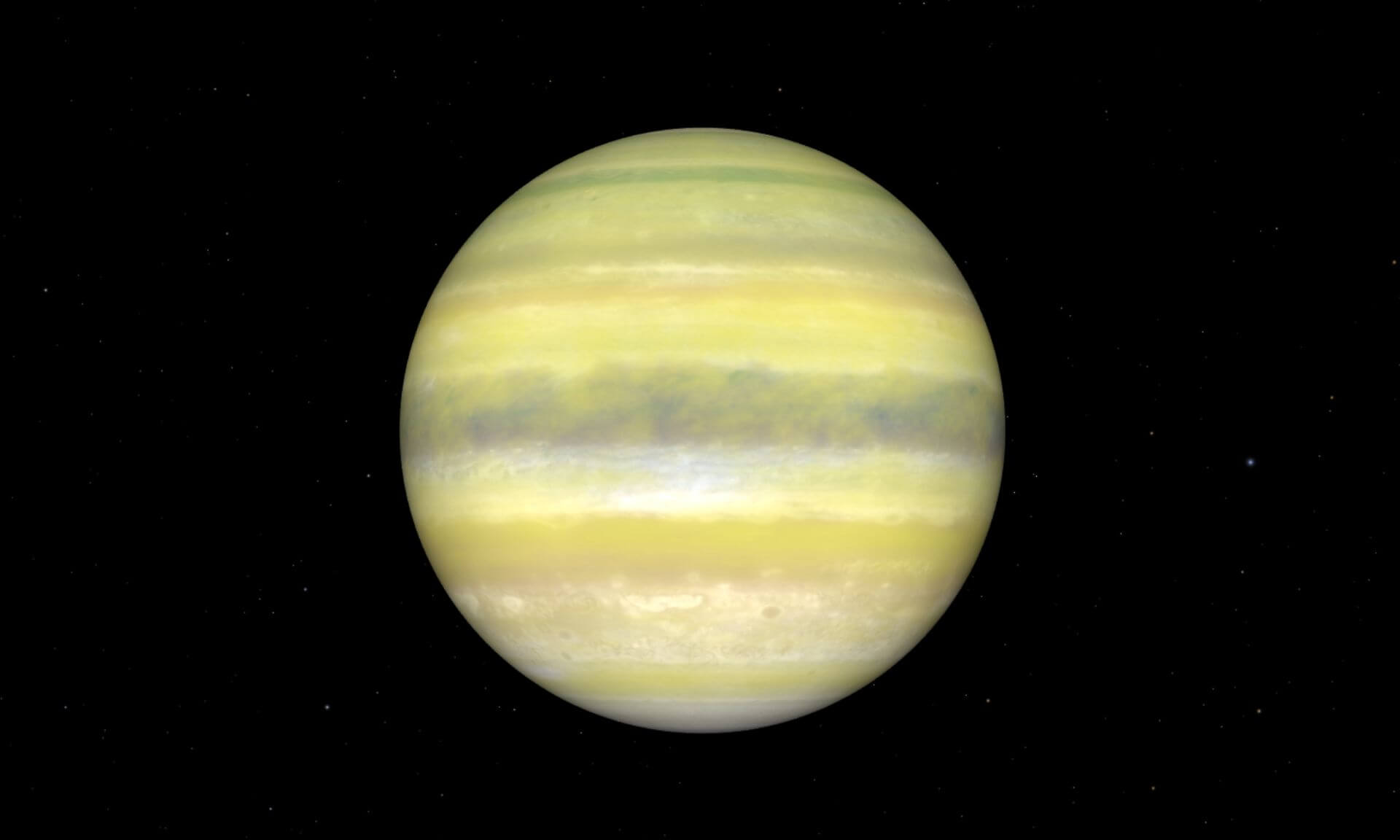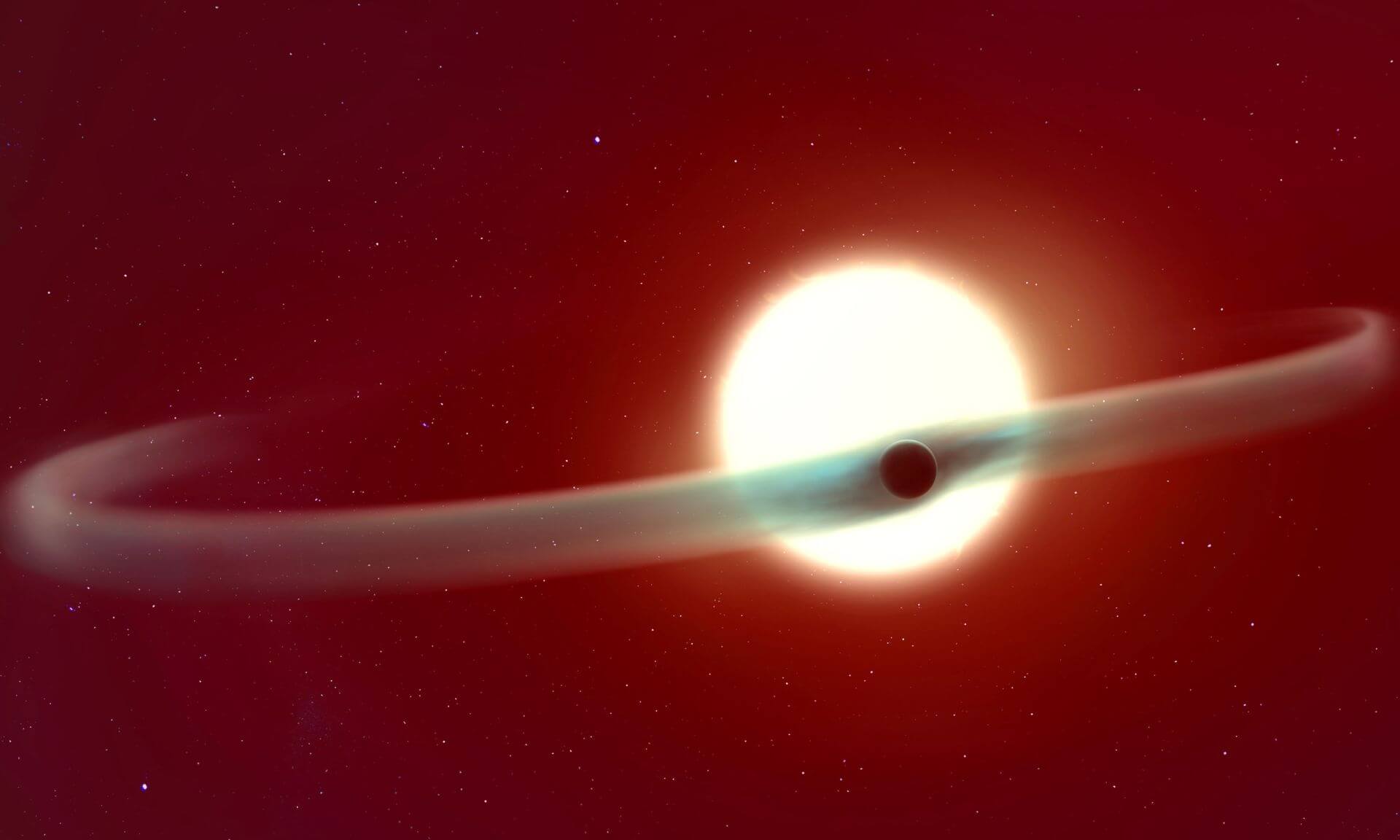James Webb Space Telescope: our experts speak out

The James Webb Space Telescope is scheduled to be launched on December 22 with sophisticated instruments on board, including a Canadian guidance sensor largely developed by researchers at Université de Montréal.
Led by Professor René Doyon of the Department of Physics, the astrophysicists of UdeM’s Institute for Research on Exoplanets (iREx) will observe the launch from near and far. Experts in infrared instrumentation, the UdeM team includes professors, scientists and PhD students.
All are now available for comment to journalists.
On launch day, Professor Doyon will be on hand in Kourou, French Guiana, to witness the departure of the telescope aboard an Ariane 5 rocket, while research associate Loïc Albert will observe the process from the mission’s operation centre in Baltimore, Md.
The result of an international collaboration between NASA, the European Space Agency and the Canadian Space Agency, the James Webb will orbit the Sun at 1.5 million kilometers from Earth, becoming the most important observatory for thousands of astronomers around the world.
Here are the UdeM experts involved in the project and its Canadian component, the key instrument known by its acronym FGS/NIRISS (Fine Guidance Sensor / Near Infrared Imager and Slitless Spectrograph).
FGS/NIRISS instrument design; exoplanets; Webb mission overview
René Doyon, Professor, Department of Physics, Principal Investigator of the FGS/NIRISS instrument
Expertise: State-of-the-art astronomical instrumentation for various observatories, on the ground and in space. Brown dwarfs, exoplanets and young low mass stars. Search for extraterrestrial life.
Languages spoken: French, English
Press review of René Doyon
To contact him: rene.doyon@umontreal.ca
Observation and characterization of exoplanets; Hot Jupiter exoplanets
Romain Allart, postdoctoral researcher in the Department of Physics
Expertise: Detection and characterization of exoplanets. Velocimetry. Atmospheres and composition of exoplanets.
Languages spoken: French, English
To contact him: romain.allart@umontreal.ca
Design of the NIRISS instrument; brown dwarfs
Loïc Albert, researcher at the Department of Physics, NIRISS Instrument Scientist
Expertise: Astronomical observation and instrumentation. Brown dwarfs and rogue planets. Spectral characterization of exoplanets. Numerical simulations (noise effects).
Languages spoken: French, English
Press review of Loïc Albert
To reach him: loic.albert@umontreal.ca
Brown dwarfs; data reduction algorithms
Étienne Artigau, researcher in the Department of Physics
Expertise: Astronomical observation and instrumentation. Brown dwarfs and rogue planets. Velocimetry and spectroscopy of exoplanets.
Languages spoken: French, English
To reach him: etienne.artigau@umontreal.ca
Observation and characterization of exoplanets; Hot Jupiter exoplanets; rocky exoplanets
Björn Benneke, Professor, Department of Physics
Expertise: Detection and characterization of exoplanets. Atmospheres and climates of exoplanets. Search for extraterrestrial life.
Language spoken: English
Press review for Björn Benneke
To contact him: bjorn.benneke@umontreal.ca
Observation and characterization of exoplanets; spectroscopy
Antoine-Darveau Bernier, PhD student in the Department of Physics
Expertise: Detection and characterization of exoplanets. Transit spectroscopy. Velocimetry. Search for extraterrestrial life.
Languages spoken: French, English
To contact him: antoine.darveau-bernier@umontreal.ca
Exoplanet observation; transit spectroscopy
David Lafrenière, Professor, Department of Physics, Principal Investigator of the GTO NEAT program
Expertise: Astronomical instrumentation. Spectroscopy and spectrophotometry. Astronomical observations in the infrared. Atmospheres of exoplanets. Low luminosity stars, sub-dwarfs and brown dwarfs. Direct imaging. Search for extraterrestrial life.
Languages spoken: French, English
Press review of David Lafrenière
To contact him: david.lafreniere@umontreal.ca
Observation and characterization of exoplanets; the TRAPPIST-1 system
Olivia Lim, PhD student in the Department of Physics
Expertise: Detection and characterization of exoplanets. Habitable zone and search for extraterrestrial life. Velocimetry.
Languages spoken: French, English
To reach her: olivia.lim@umontreal.ca
Observation and characterization of exoplanets; Hot Jupiter exoplanets
Stefan Pelletier, PhD student in the Department of Physics
Expertise: Detection and characterization of exoplanets. Atmospheres and climates of exoplanets. Velocimetry. Search for extraterrestrial life.
Spoken languages: French, English
To reach him: stefan.pelletier@umontreal.ca
Exoplanet atmospheres; spectroscopy
Jake Taylor, postdoctoral researcher in the Department of Physics
Expertise: Transit spectroscopy. Exoplanet atmospheres and climates. Data reduction algorithms.
Language spoken: English
To contact him: jake.taylor@umontreal.ca
Direct imaging of exoplanets
Thomas Vandal, PhD student in the Department of Physics
Expertise: Detection and characterization of exoplanets. Velocimetry. Direct imaging of exoplanets. Interferometry.
Languages spoken: French, English
To contact him: thomas.vandal@umontreal.ca
Scientific and educational objectives and overview of the Webb mission; observation of galaxies
Nathalie Ouellette, Outreach Scientist for Webb in Canada, coordinator of the iREx (Institute for Research on Exoplanets), UdeM
Expertise: Formation and evolution of galaxies. Space exploration. Space astronomy. Science communication, education, public outreach.
Languages spoken: French, English
Press review of Nathalie Ouellette
To reach her: nathalie.ouellette.2@umontreal.ca



